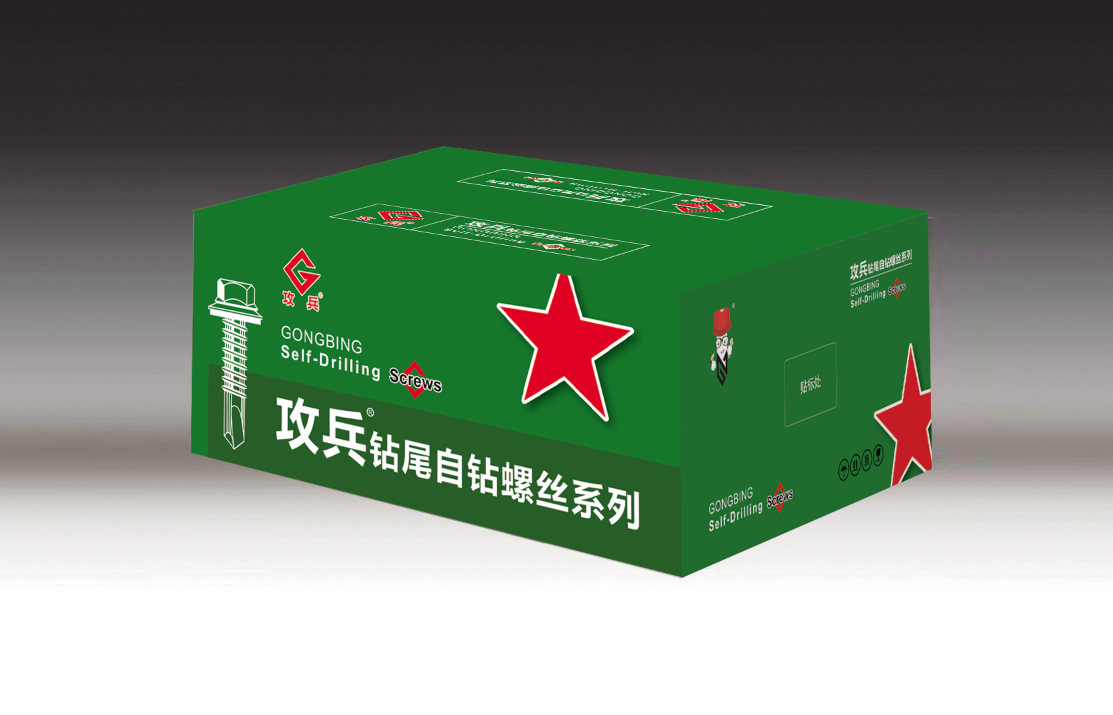resin bolt fixings
Understanding Resin and Bolt Fixings A Comprehensive Overview
In the construction and engineering sectors, the efficiency and durability of fixings play a crucial role in ensuring the integrity of structures. Among the various types of fixings available, resin and bolt fixings have gained considerable attention due to their strength and reliability. This article will delve into the properties and applications of resin and bolt fixings, exploring how they contribute to the safety and longevity of construction projects.
What are Resin Fixings?
Resin fixings, also known as chemical anchors, consist of a resin compound that is used to bond bolts in place within a substrate, typically concrete or masonry. The resin is injected into a pre-drilled hole, after which a metal bolt is inserted. The chemical reaction between the resin components creates a strong bond that secures the bolt firmly in place.
A primary advantage of resin fixings is their exceptional load-bearing capacity. The chemical bond formed is often stronger than the surrounding material, ensuring that loads are effectively transferred without risk of failure. This characteristic makes resin fixings ideal for heavy-duty applications such as structural supports, machinery anchoring, and securing safety equipment.
Types of Resin Fixings
There are various types of resin fixings available on the market, each designed for specific applications. The most common types include
1. Epoxy Resin Fixings Known for their high strength and resistance to chemicals, epoxy resins are often used in demanding environments. They can withstand extreme temperatures and provide excellent adhesion to various substrates.
2. Polyester Resin Fixings These are more affordable than epoxy resins and offer good performance for general applications. They cure quickly and are suitable for outdoor use, although they may not hold up as well under extreme conditions.
3. Vinylester Resin Fixings This type combines the properties of both epoxy and polyester resins, offering good chemical resistance and strength. Vinylester is often used in applications involving harsh environments, such as marine or chemical processing facilities.
Bolt Fixings The Mechanicals of Strength
resin bolt fixings

Bolt fixings, on the other hand, are mechanical fasteners used to join two or more components together. They consist of a cylindrical shaft with a helical ridge (the thread) that allows them to be drilled into the material, and a head that helps distribute the load. Depending on the design and application, bolts can come in various shapes, sizes, and materials, including steel, stainless steel, and other alloys.
The securing capability of bolts is further enhanced when used with resin fixings. The combination of the mechanical grip of the bolt and the chemical bond of the resin creates a robust fastening solution that can withstand tension, shear forces, and dynamic loads. This synergy is particularly important in construction projects where safety is paramount, such as bridges, high-rise buildings, and industrial facilities.
Applications in Construction
Resin and bolt fixings are widely used in many construction applications due to their versatility and strength. Some common uses include
- Structural Engineering Resin fixings are often utilized to secure beams, columns, and other structural elements, ensuring that they can withstand the forces exerted during their use.
- Heavy Machinery Installation In industrial settings, machinery must be anchored firmly to prevent movement during operation. Resin and bolt fixings provide the necessary support for heavy equipment.
- Safety Equipment Fixings deemed critical in safety applications, such as guardrails, lifelines, and fall protection systems, often employ resin and bolt combinations to ensure maximum security.
- Renovations and Retrofitting When upgrading or reinforcing existing structures, resin fixings allow for the reliable attachment of new elements to aging substrates without significant alterations.
Conclusion
In conclusion, resin and bolt fixings represent a powerful solution for various construction and engineering challenges. Their ability to provide strong, durable, and reliable bonds makes them invaluable in ensuring the safety and efficacy of structures. By understanding the different types of resin fixings and their applications, engineers and builders can make informed decisions that enhance the integrity and longevity of their projects. As construction technology continues to evolve, the partnership of resin and bolt fixings will undoubtedly remain a cornerstone of effective fastening solutions.
-
Wedge Anchor Bolts: Secure Fastening SolutionsHabariAug.05,2025
-
Insulation Fixings: Secure and Durable SolutionsHabariAug.05,2025
-
Full Threaded Studs: Versatile Fastening SolutionsHabariAug.05,2025
-
Expanding Fasteners: Secure and Reliable SolutionsHabariAug.05,2025
-
Butterfly Toggle Anchors: Secure and Easy to UseHabariAug.05,2025
-
Bracing Solutions for Steel StructuresHabariAug.05,2025
